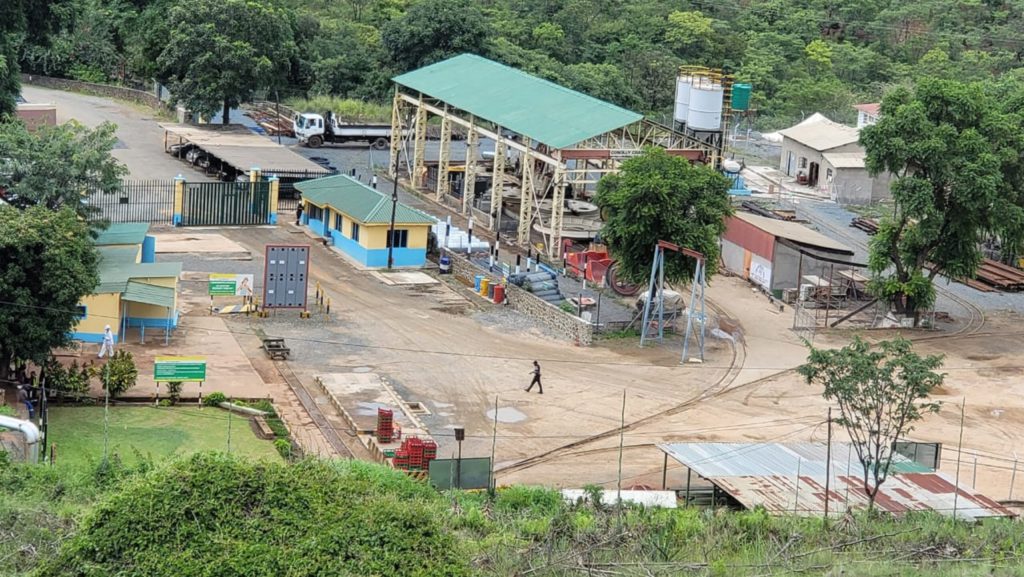Germany and Canada pledged to expand cooperation on securing supply chains for the critical minerals that are key to energy and defense technologies.
Chancellor Friedrich Merz and Prime Minister Mark Carney discussed the initiative, which includes co-funding of new projects and builds on earlier commitments between the two allies, in talks Tuesday in Berlin.
“For too long, Canada’s vast reserves of nickel, cobalt, and other critical minerals have been underdeveloped, allowing Russia and China to dominate the global market,” Carney said in prepared remarks distributed by his office.
“Canada is ready to be a reliable supplier for our allies — particularly Germany as Europe’s largest economy and Canada’s largest trading partner in the European Union,” he added.
A Joint declaration of intent sets out a “mutual intent to innovate, invest, and collaborate through rules-based trade” and Germany and Canada will “help catalyse private capital to fund new projects and build resilient supply chains.”
Demand for critical minerals like nickel, cobalt, graphite and rare earths — vital for energy technologies including EVs, battery storage, renewables and grid networks as well as military equipment — has been growing strongly in recent years and securing supply has become a top priority for governments.
Their task has been made harder by an increasing concentration of production in a handful of countries and the spread of export restrictions, according to a May report from the International Energy Agency.
US President Donald Trump’s push to overhaul global trade as part of his America First agenda has also complicated efforts to ensure adequate supplies.
At a joint news conference with Merz, Carney told reporters that there are a “huge range of immediate opportunities” around critical metals and minerals as well as “medium-term opportunities” with regard to energy, including liquefied natural gas and hydrogen.
He also highlighted major investments expected in port infrastructure such as at Montreal and at Churchill, Manitoba, to help expand metals and minerals exports.
“There is a lot happening, it’s the number one focus of this government to build that infrastructure and particularly infrastructure that helps us deepen our partnership with our European partners,” he added.
A document distributed by his office cited three agreements between Canadian and German companies:
- Troilus Gold Corp., a Canadian development-stage mining company, sealed a supply agreement with Aurubis AG under which the Hamburg-based company is expected to purchase a significant portion of Troilus’ future copper concentrate production
- Torngat Metals Ltd., a Québec-based rare-earths development company, and Vacuumschmelze GmbH & Co. KG, a producer of rare-earth permanent magnets, signed a Memorandum of Understanding on the long-term supply of separated rare-earth oxides
- Rock Tech Lithium Inc., a Canadian-German cleantech company, signed a MOU with Enertrag SE to connect their lithium conversion plant in Guben, Germany, to Enertrag’s solar and offshore wind farms
After his talks with Merz Tuesday, Carney was meeting with top German executives to discuss investment opportunities and how to secure supply chains for energy and natural resources — particularly the critical minerals needed for EV batteries.
Markus Schaefer, chief technology officer and head of purchasing at Mercedes-Benz Group AG, was among those present, according to the Stuttgart-based carmaker.


